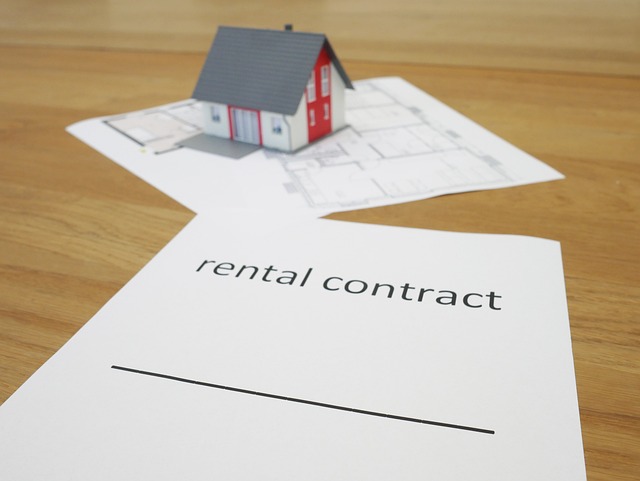In a competitive real estate market, informed decisions are key to securing profitable deals. Thorough inspections offer detailed insights into a property's condition, benefiting both buyers and sellers. By examining structural integrity, systems, and potential renovation needs, stakeholders can make strategic decisions based on accurate data, avoiding costly repairs and maximizing investment potential in a market where first impressions are critical. Savvy investors combine meticulous inspections, professional appraisals, historical data analysis, and expert advice to ensure informed bidding decisions, minimizing risks and maximizing opportunities.
In the fast-paced world of real estate, making hasty decisions can lead to costly errors. Before committing bids, a thorough inspection is paramount to ensuring informed choices. This article delves into the significance of meticulous inspections in the real estate sector. We’ll guide you through the critical areas to scrutinize, offering strategies for effective property evaluation and risk mitigation. Equip yourself with knowledge to navigate the market successfully.
Understanding the Importance of Thorough Inspections in Real Estate

In the competitive world of real estate, making informed decisions is key to securing lucrative deals. Thorough inspections play a pivotal role in this process, offering a comprehensive glimpse into the condition and potential hidden issues of a property. These inspections are not mere formalities but critical tools for both buyers and sellers. By meticulously examining every aspect of a real estate asset, from structural integrity to electrical systems and plumbing, stakeholders can avoid costly mistakes and unforeseen repairs post-purchase.
A meticulous inspection ensures that buyers are well-informed about the property’s current state, enabling them to make sound judgments. It helps identify red flags that might indicate necessary renovations or potential safety hazards. For sellers, a thorough inspection provides valuable insights into areas requiring improvement, allowing them to enhance the property’s appeal and potentially increase its market value. Thus, in real estate, where first impressions matter, inspections are game-changers, ensuring every decision is strategic and beneficial.
Key Areas to Inspect Before Placing Bids

When inspecting properties in real estate, several key areas demand meticulous attention before placing bids. The exterior condition of the property is a crucial starting point; assess the roof for any signs of damage or missing shingles, examine walls for cracks or water damage, and check windows and doors for proper sealing to ensure energy efficiency. These initial observations can provide valuable insights into the property’s overall maintenance and potential long-term costs.
Moving indoors, focus on key systems such as heating and cooling units, plumbing fixtures, electrical wiring, and appliances. Ensure these components are in working order and up-to-date, as they significantly impact the comfort and safety of the future homeowners. Check for any signs of water damage, mold growth, or structural issues like sagging floors or uneven walls. Additionally, review important documents like property tax records, recent repair bills, and any available home inspection reports to gain a comprehensive understanding of the property’s history and potential hidden costs.
Strategies for Effective Property Evaluation and Risk Mitigation

When evaluating real estate properties for bids, a meticulous approach is paramount to making informed decisions and mitigating risks. Start by conducting a comprehensive inspection, encompassing both structural and environmental aspects. This includes assessing the building’s condition, identifying potential maintenance issues, and examining the surrounding area for any red flags. Professional appraisers or experienced real estate agents can provide valuable insights during this phase.
Additionally, research historical data on the property and the neighborhood to understand market trends and comparable sales. Analyzing past transactions offers a glimpse into potential risks and opportunities. With these strategies in place, you’ll be better equipped to make sound judgments, ensuring that your bids are well-informed and strategically positioned within the real estate market.






